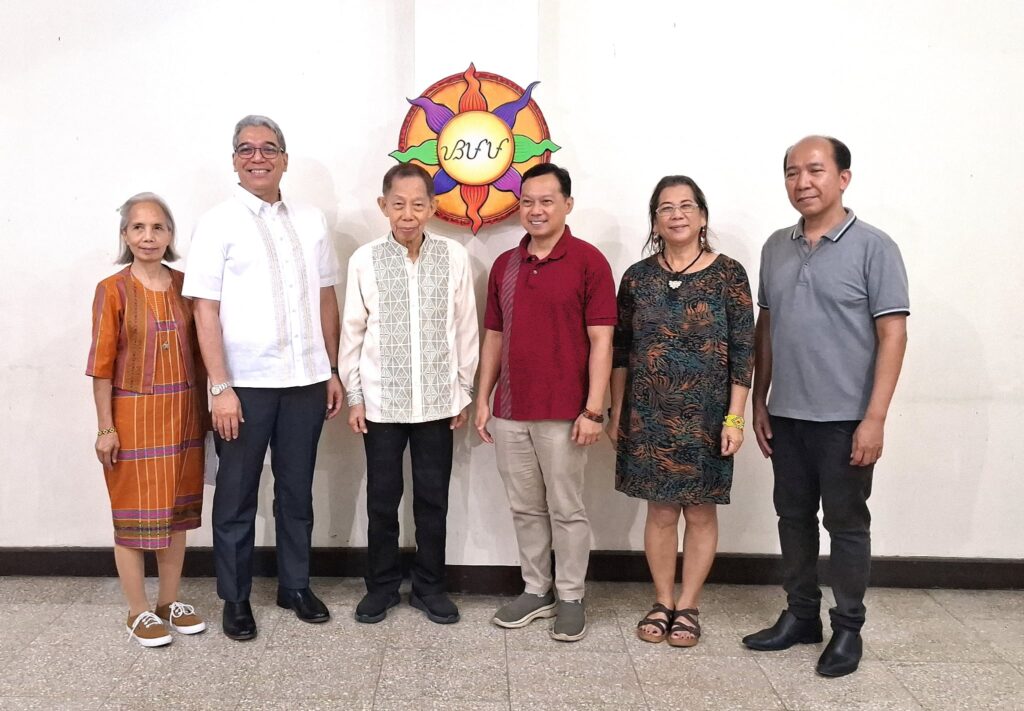History & Rationale
The Philippines is endowed with a rich and diverse cultural and natural heritage that is vital to the nation’s identity, history, and development. However, these heritages face growing threats from rapid urbanization, climate change, neglect, and lack of awareness or technical capacity among stakeholders. While national efforts have been made to preserve heritage, there remains a significant need for more localized, sustained, and research-driven initiatives.
There is also a pressing demand for capacity-building at the grassroots level, particularly among local government units (LGUs), schools, and communities. Cultural mapping, documentation, and heritage education are crucial tools in this effort—but require technical guidance, research support, and meaningful community engagement.

At the same time, the role of the private sector in heritage conservation has become increasingly critical. Businesses, developers, philanthropists, and private institutions are important partners in ensuring that heritage is not only preserved but also integrated into the fabric of contemporary life. Their support in the form of funding, expertise, technology, and advocacy can significantly bolster conservation efforts, contribute to sustainable cultural tourism, and help build resilient communities.
Recognizing this, the Asian Social Institute – Center for Heritage Conservation is being established to serve as a hub for knowledge, training, and advocacy on heritage conservation. It seeks to empower local stakeholders, support evidence-based cultural policies, and strengthen the integration of heritage values in education, tourism, and development planning. The Center also aims to foster strong public-private partnerships, acknowledging that collaborative and multi-sectoral approaches are essential for the protection and promotion of the country’s heritage resources.
Vision, Mission, Mandate
VISION: A future where cultural heritage is valued, protected, and actively integrated into education, local development, and community life.
MISSION: To advance the conservation of cultural heritage through research, education, and community engagement by:
•Building local capacity through training and cultural mapping,
•Supporting evidence-based heritage policy and planning,
•Promoting inclusive and sustainable approaches to heritage conservation.
MANDATE:
•Provide technical assistance and educational support for the conservation and promotion of tangible and intangible cultural heritage.
•Develop and implement cultural mapping activities with LGUs, schools, and communities.
•Serve as a hub for research, training, and policy development in heritage conservation.
•Foster partnerships among academic institutions, government agencies, and cultural workers.
Foundational Offices & Core Directors
OFFICE OF THE EXECUTIVE DIRECTOR (ED)
DR. FELIPE M. DE LEON, JR.
´OFFICE OF PROGRAMS AND RESEARCH (Director for Programs and Research)
DR. JOSEPH RICHARD C. RENTA III
OFFICE OF EDUCATION AND TRAINING (Director for Education and Training)
MR. DELAN LOPEZ ROBILLOS
OFFICE OF COMMUNITY ENGAGEMENT AND COMMUNICATIONS
(Director for Community Engagement)
PROF. ROSANNI RECREO-SARILE
OFFICE OF ADMINISTRATION AND RESOURCE MANAGEMENT (Director for Administration and Resources)
PROF. DENNIS Y. BATOY
